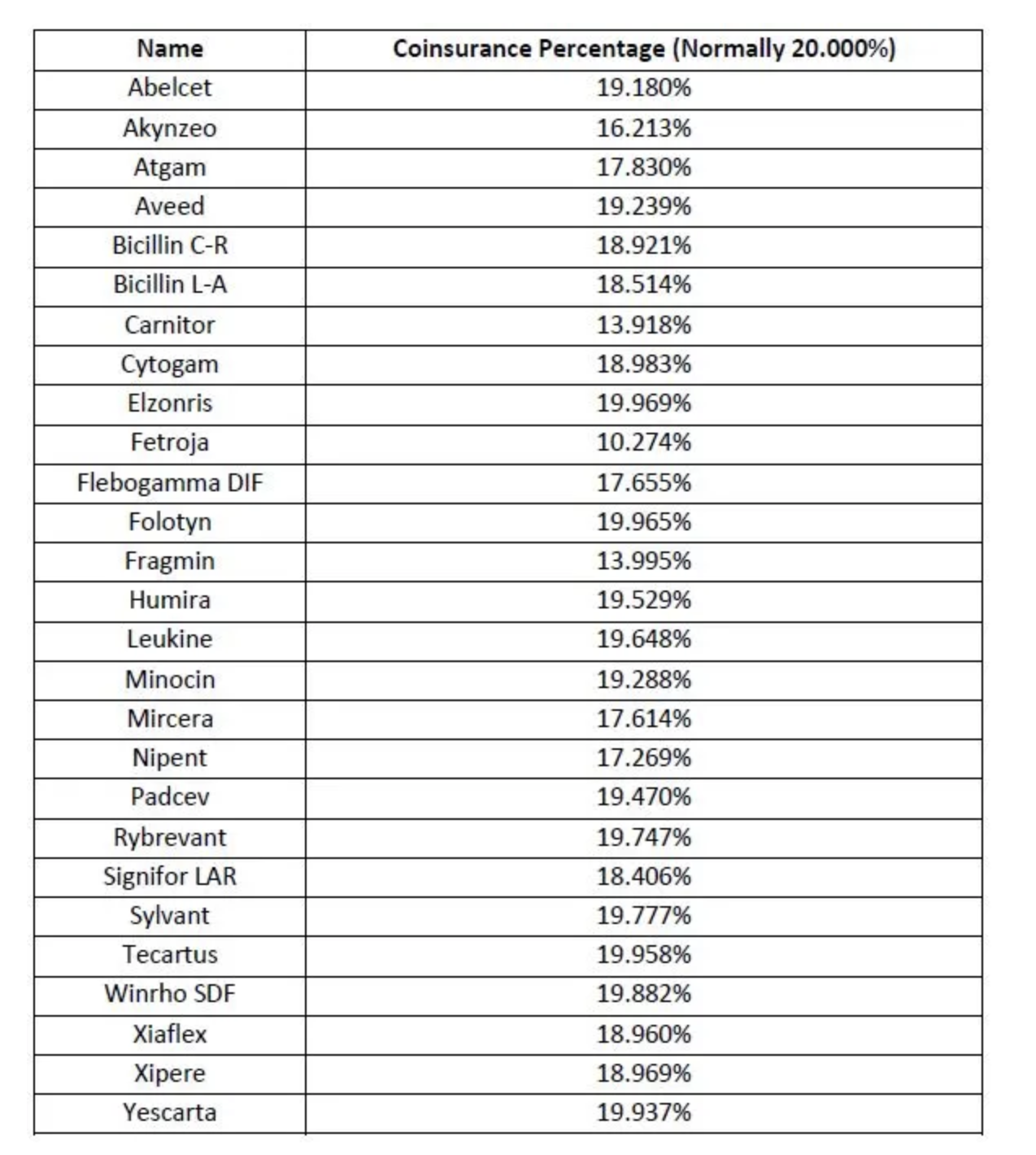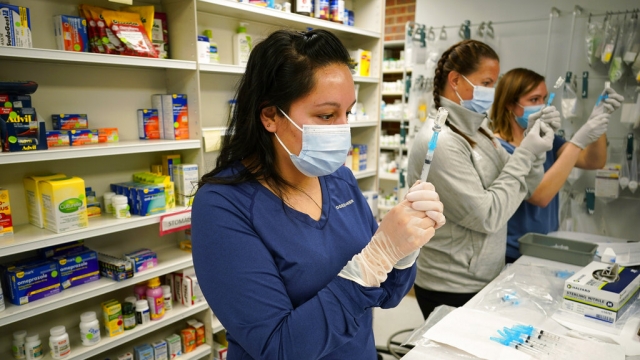The White House announced Wednesday that 27 different drugs will now be subject to Medicare Part B rebates because their prices increased faster than the rate of inflation
The White House said starting in April, people with traditional Medicare and Medicare Advantage could see reductions ranging from $2 to $390 on their coinsurance for an average dose of the affected Medicare Part B drugs. The drug companies will pay Medicare for these rebates.
Chiquita Brooks-LaSure, with the Centers for Medicare and Medicaid Services, said, "If you are a senior, if you are a person who is enrolled in Medicare, you don't have to do anything" before heading to the pharmacy to see savings.
"The cost will be adjusted automatically," added Brooks-LaSure. "What you pay out of pocket will change."
Brooks-LaSure said for the program that is referred to commonly as the "rebate program," savings could range from a single dollar to hundreds of dollars, which would depend on how often one uses a drug.
Although Medicare recipients will start seeing savings in April, the drug companies won’t be invoiced for the rebates until 2025. The rebates will be paid to the Medicare Trust Fund.
This is the first time such a rebate has been implemented. Drugmakers must pay for the rebate if they raise prices beyond the rate of inflation under the Inflation Reduction Act, which was signed into law last August.
SEE MORE: Biden wants to raise Medicare taxes for some Americans
The White House estimates that 1,200 drugs would have been subject to the new rebates had the law been in effect in 2021.
“We do believe that the inflation rebate proposal, the overall provision, does give a strong incentive for drug companies to not increase their prices above inflation,” said Brooks-LaSure.
The discounts will depend on a person's coverage plan, White House officials said.
“So, the amount that any individual person would see depends on a few things,” said Meena Seshamani, director of the Center for Medicare. “It depends on what kind of supplemental coverage they have. Because if they have wraparound coverage that is taking care of their out-of-pocket costs, then that will absorb some or all of it."
“It also depends on the dose and the treatment protocol that they're on. Because depending on the dose of the medicine that they take, that impacts what their out-of-pocket costs are. So, because of those complexities, it's hard for us to be able to say that there is exactly this much money, you know, for people to be able to come up with that full estimate, because there are these variables in play.”
SEE MORE: Eli Lilly to cut insulin prices by 70%, cap monthly cost at $35
The White House said the prescription drugs subject to rebates will be adjusted quarterly.
The list of affected drugs is shown below.

Trending stories at Scrippsnews.com




